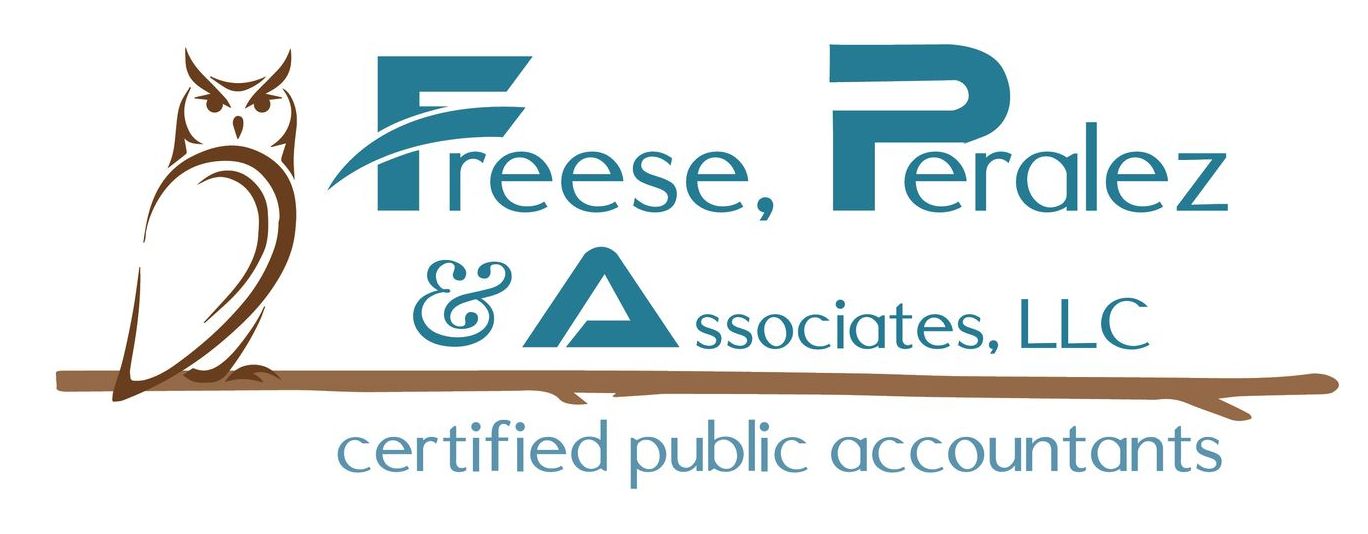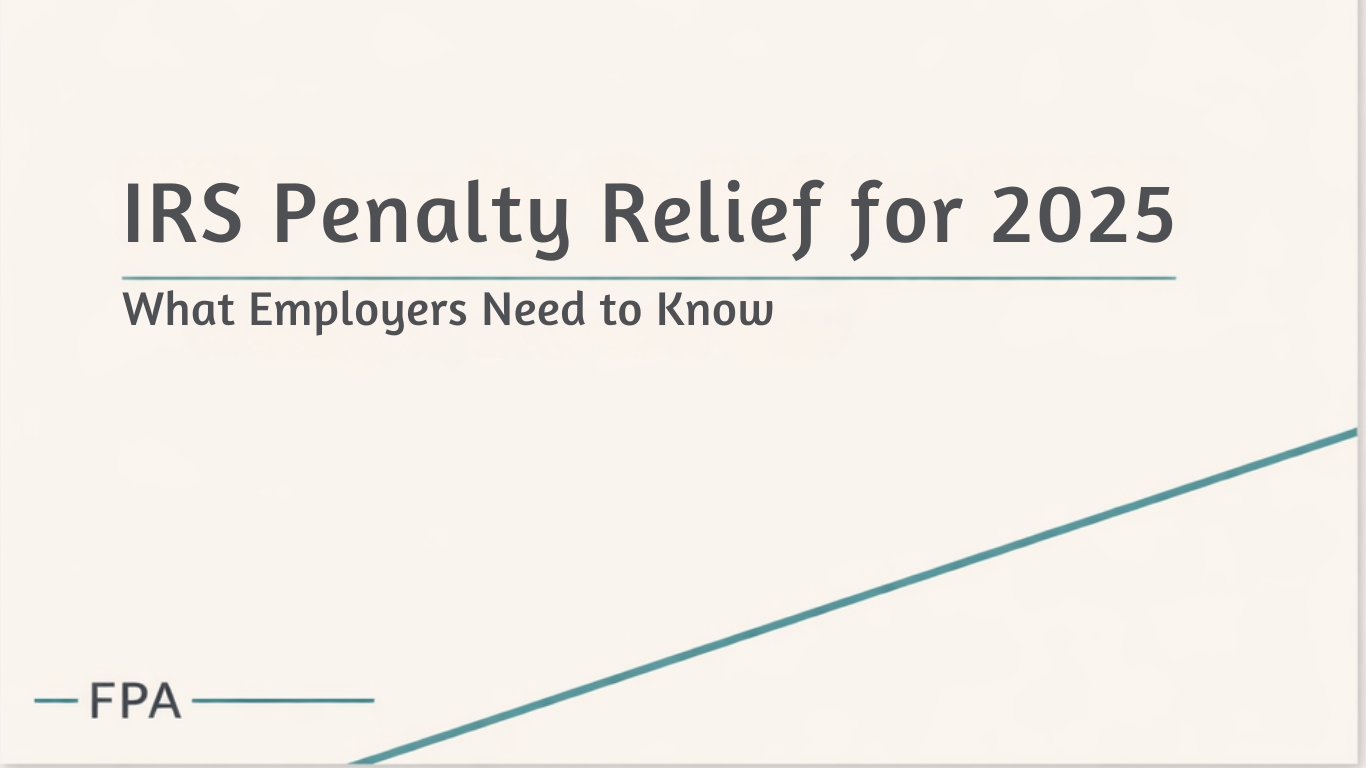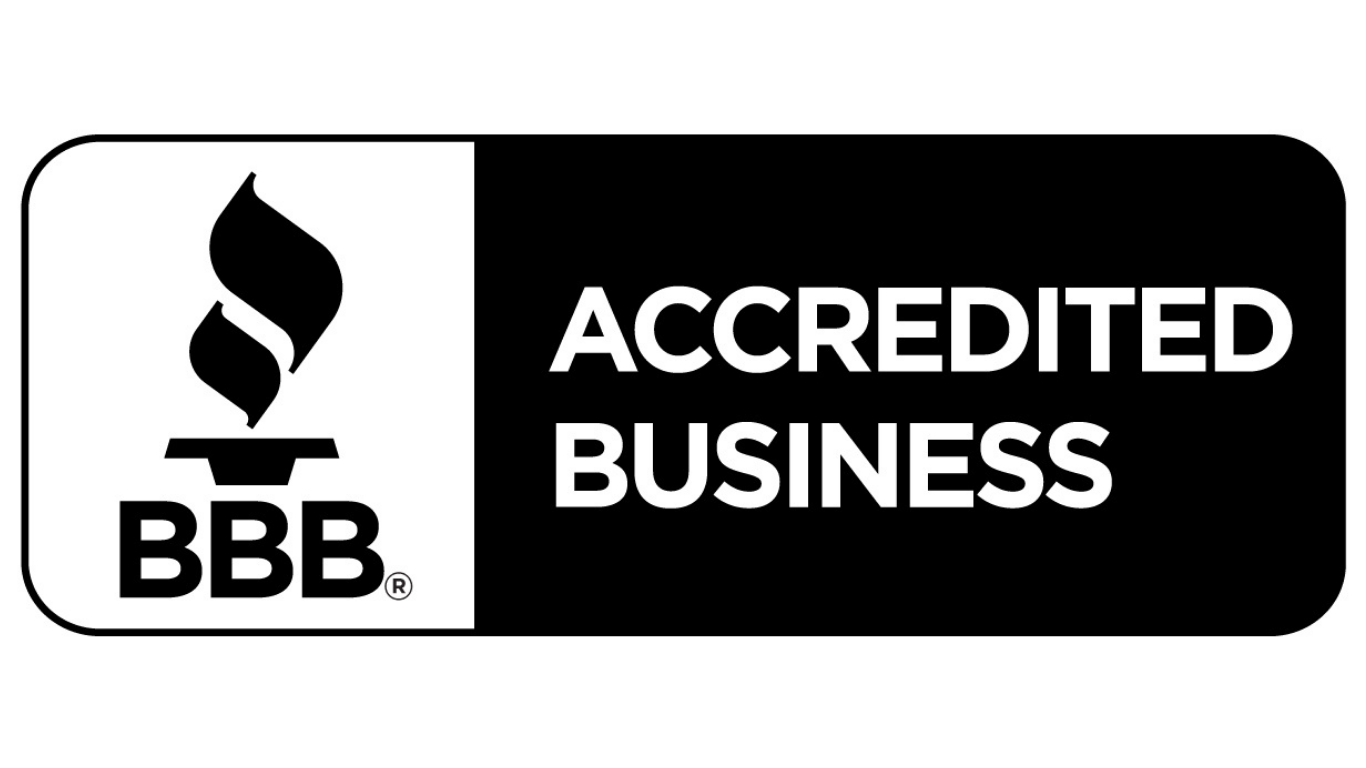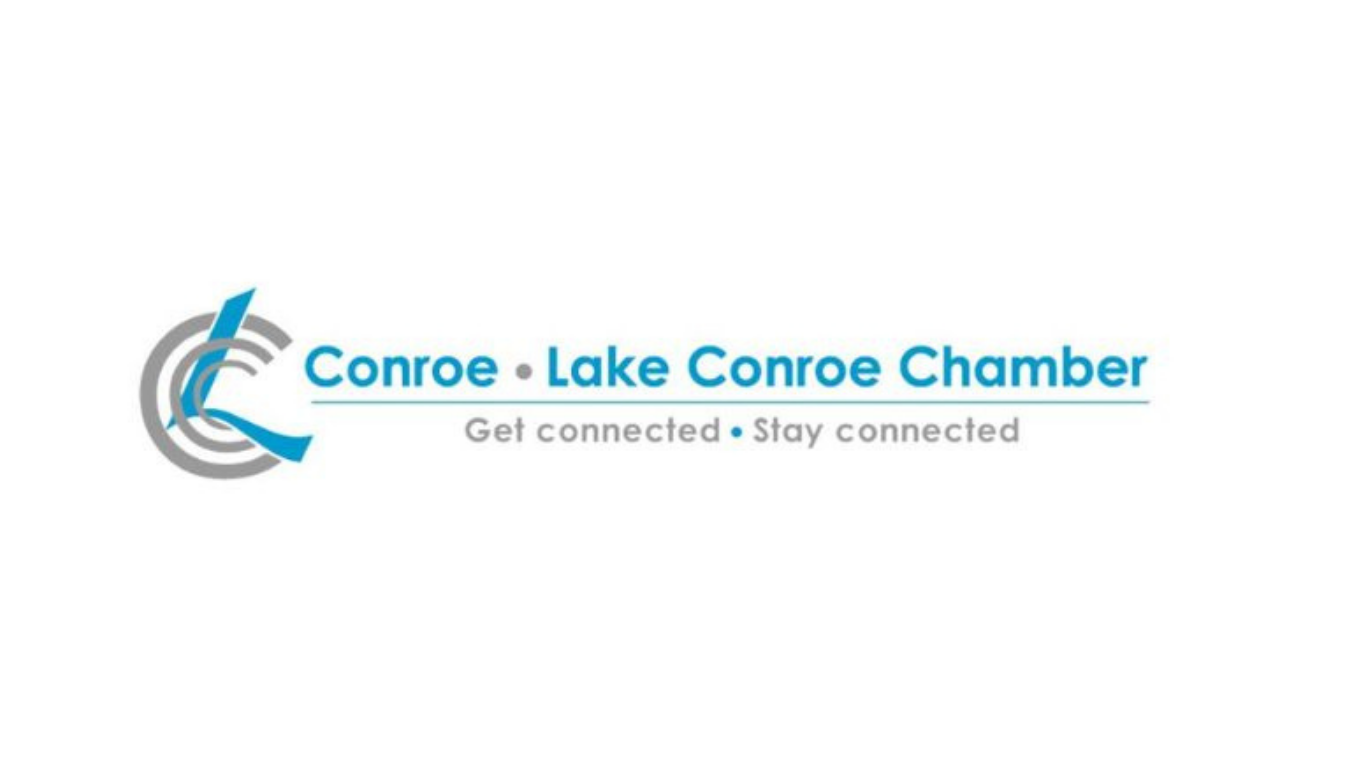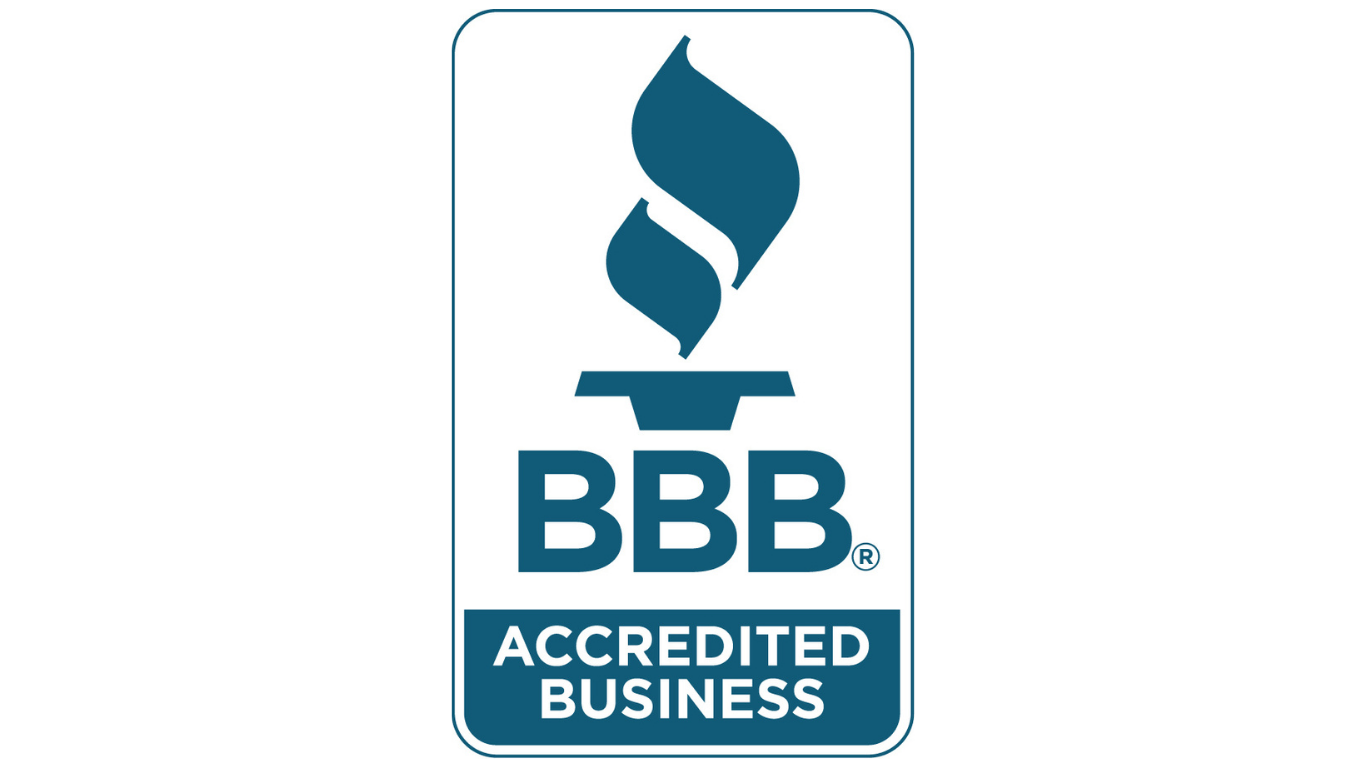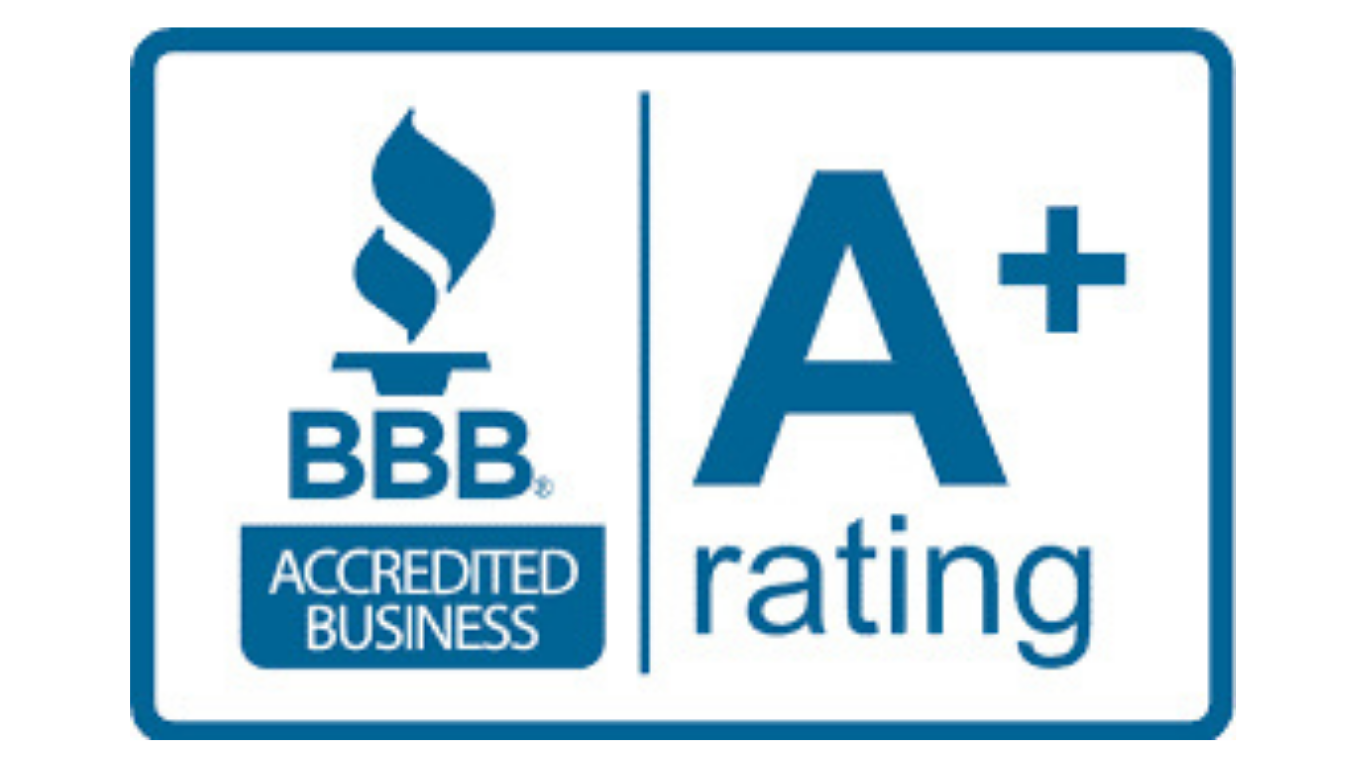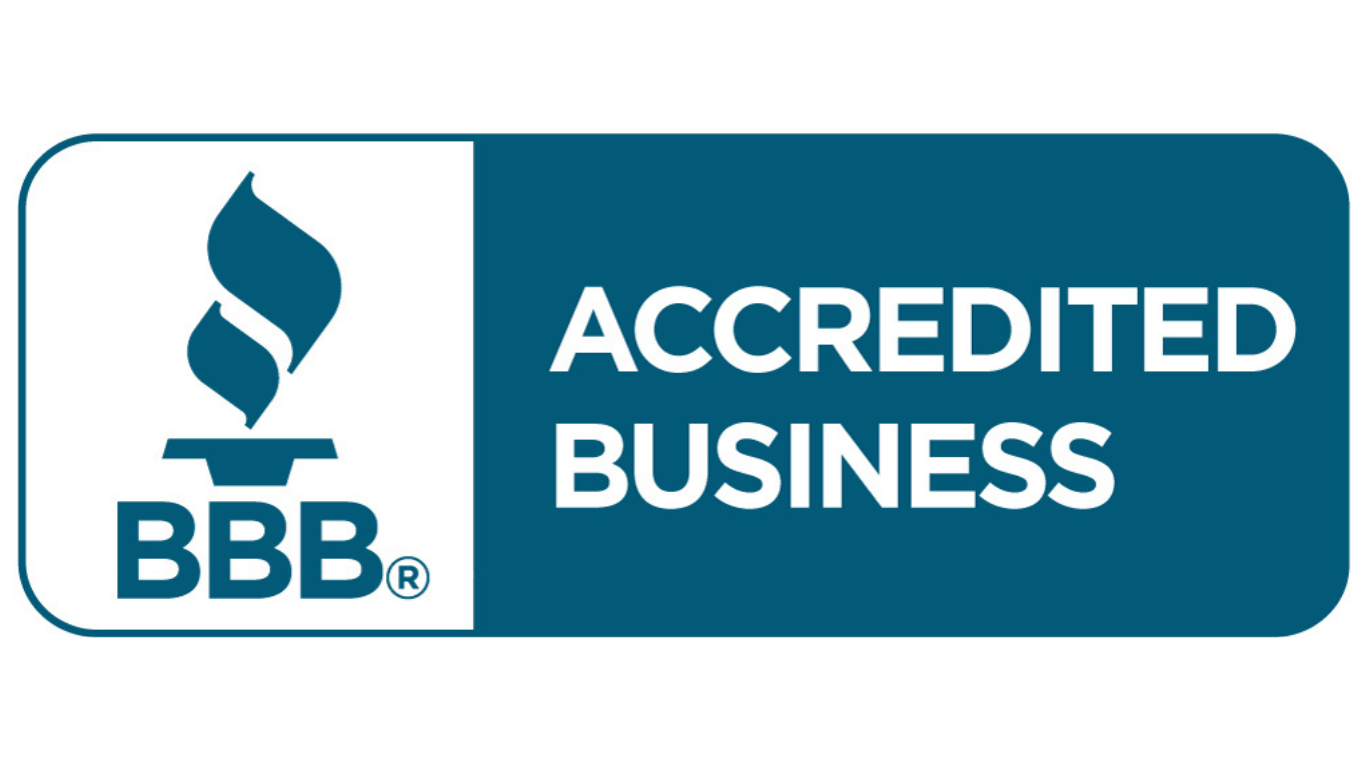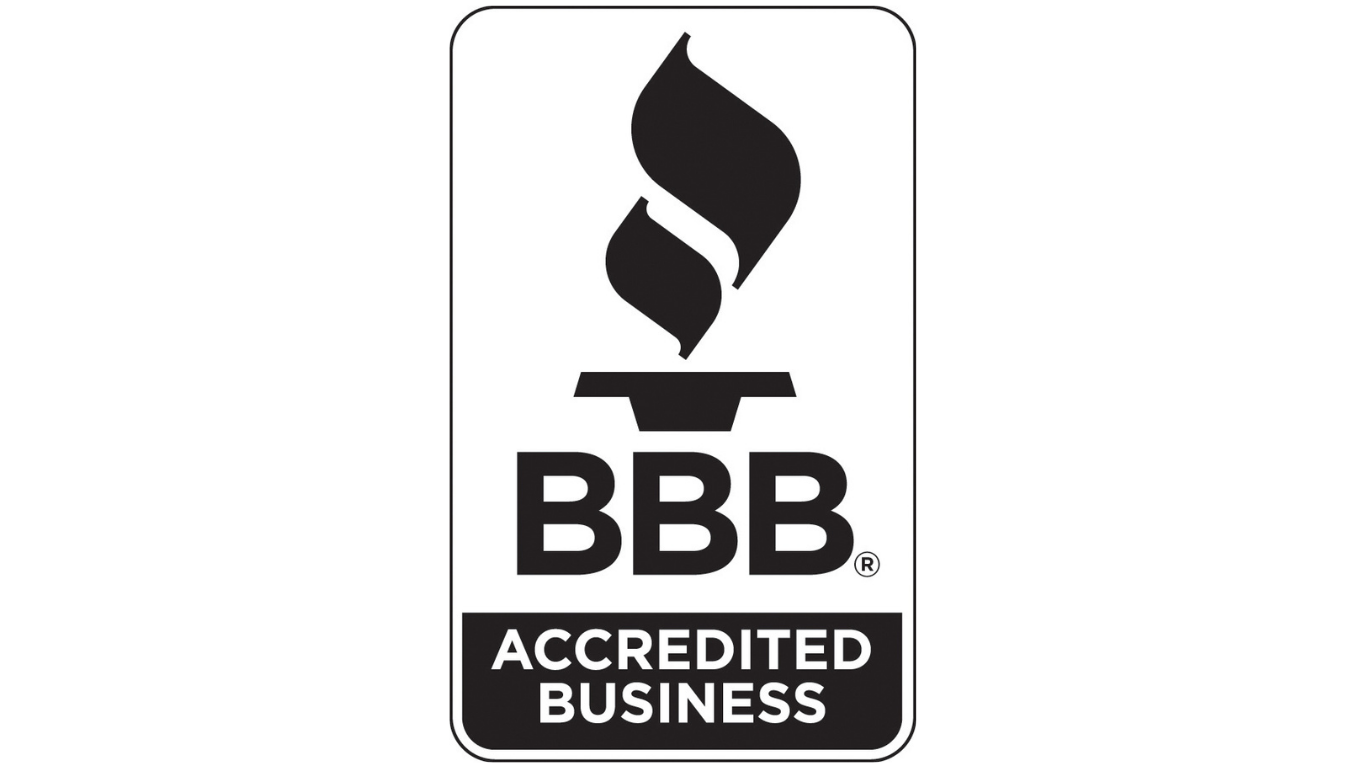Tax Deductions for Construction Companies
Tax Deductions for Construction Companies
In Texas, the construction industry is a highly dynamic and capital-intensive sector that requires strategic tax planning to maximize profitability. With the right approach, your construction business can take full advantage of various tax deductions that reduce taxable income and increase cash flow. This article provides an in-depth look at the most valuable deductions available to construction businesses and how to maximize them effectively.
Understanding Construction-Specific Tax Deductions
Construction companies face unique tax challenges due to the complexity of project costs, equipment investments, and labor expenses. The IRS provides several deductions specifically tailored to construction businesses, as outlined in IRS Publication 535 (Business Expenses) and IRS Publication 946 (How to Depreciate Property).
By leveraging these deductions properly, construction firms can significantly reduce their taxable income while maintaining compliance with federal tax laws.
Key Tax Deductions for Construction Companies
1. Equipment Depreciation (IRS Section 179 and Bonus Depreciation)
Heavy machinery, tools, and other essential equipment can be major expenses. Fortunately, construction companies can recover costs through Section 179 deductions and bonus depreciation:
- Section 179: Allows immediate expensing of qualifying equipment purchases (up to $1.22 million for 2024, subject to limitations).
- Bonus Depreciation: Allows 40% depreciation on qualified assets purchased in 2025, per the Tax Cuts and Jobs Act (TCJA).
✅ Example Calculation: If a company purchases a $100,000 bulldozer, it may deduct up to $40,000 immediately under bonus depreciation, reducing taxable income.
2. Labor and Payroll Expenses
Wages, salaries, and employee benefits are fully deductible. This includes:
- Salaries for full-time employees
- Payments to subcontractors (reported on IRS Form 1099-NEC)
- Health benefits, retirement contributions, and workers' compensation insurance
3. Materials and Supplies
All materials used for construction projects, such as lumber, steel, and concrete, are fully deductible as ordinary business expenses. Keep detailed records of purchase invoices to ensure accurate reporting.
4. Subcontractor Payments
Hiring subcontractors is common in construction. Payments to subcontractors are deductible, but businesses must file Form 1099-NEC for any contractor paid over $600 annually. Ensure proper documentation to avoid IRS penalties.
5. Vehicle and Transportation Expenses
Construction companies often use trucks and vans for job site transportation. Deductible vehicle expenses include:
- Standard mileage rate ($0.67 per mile for 2024, per IRS guidelines) $0.70 per mile for 2025, per IRS guidelines.
- Fuel, repairs, and maintenance costs
- Lease payments or depreciation on company-owned vehicles
- Insurance and registration fees
✅ Example Calculation: A construction truck used for 15,000 miles annually at $0.67 per mile yields a deduction of $10,050. Or ($10,500 for 2025)
6. Job Site Expenses
Daily operational costs at job sites are fully deductible, including:
- Temporary fencing and security
- Portable restrooms
- Safety gear and PPE (helmets, gloves, boots)
- Job site utilities and temporary power setups
7. Insurance Premiums
Insurance is essential for construction businesses. Deductible premiums include:
- General liability insurance
- Workers' compensation insurance
- Builders' risk insurance
- Commercial vehicle insurance
8. Home Office Deduction
If a portion of your home is used exclusively for business (e.g., project management, accounting), you may qualify for a home office deduction. The simplified method allows a $5 per square foot deduction, up to 300 sq. ft.
9. Legal and Professional Fees
Fees paid for legal, accounting, and consulting services related to business operations are deductible. This includes CPA services for tax planning and compliance.
10. Interest on Business Loans
Interest paid on business loans, including equipment financing and construction project loans, is deductible under IRS Section 163(j). (Subject to certain limitations.)
Tax Incentives Texas Construction Companies Should Take Advantage of:
Research & Development (R&D) Tax Credit
This credit is available for companies that engage in innovative activities, such as developing new or improved construction processes, materials, or techniques.
Section 179D Energy Efficiency Deduction
This deduction applies to energy-efficient improvements in commercial buildings, such as HVAC systems, lighting, and building envelope components. The deduction can be as much as $5.65 per square foot, depending on the energy savings achieved.
Energy-Efficient Homes Tax Credit
This credit is available for builders of energy-efficient homes, providing incentives for constructing homes that meet specific energy-saving criteria.
Fuel Tax Credit
Construction companies that use off-highway vehicles and equipment may be eligible for a fuel tax credit, which can help offset the cost of fuel used in these operations.
Qualified Business Income (QBI) Deduction
This deduction allows eligible businesses, including construction companies, to deduct up to 20% of their qualified business income, reducing their overall taxable income.
Work Opportunity Tax Credit (WOTC)
This credit is available for companies that hire individuals from certain target groups, such as veterans or long-term unemployed individuals, providing a tax credit for a portion of the wages paid to these employees.
These incentives can help construction companies reduce their tax liabilities and reinvest in their businesses. If you have any specific questions about these incentives or need more details, feel free to ask! We will have some articles new that go further into detail on these credits and deductions, so be on the lookout for our new blogs!
Maximizing Deductions: Best Practices
Keep Detailed Records
The IRS requires detailed documentation to substantiate deductions. Use accounting software like QuickBooks or a dedicated construction management system to track expenses.
Separate Business and Personal Expenses
Maintain separate business bank accounts and credit cards to ensure clear documentation of deductible expenses.
Take Advantage of Section 179 & Bonus Depreciation
Purchasing new equipment before year-end can help maximize deductions under Section 179 and bonus depreciation.
Stay Updated on Tax Law Changes
Tax laws frequently change. The Inflation Reduction Act (2022) and modifications to the TCJA have impacted deductions, making it crucial for business owners to stay informed.
Conclusion
Construction companies can significantly lower their taxable income by leveraging available deductions for equipment, labor, materials, subcontractors, and more. However, proper documentation and strategic planning are essential to ensure compliance and maximize tax benefits.
For businesses generating $2 million to $100 million in revenue, partnering with a tax expert who understands industry-specific deductions can yield substantial savings. If you’re looking for tailored tax strategies to optimize your construction business’s financial health, contact Freese, Peralez & Associates, LLC today.
Stay tuned for the next article in this series, where we will explore "Sales and Use Tax Compliance for Construction Firms."

